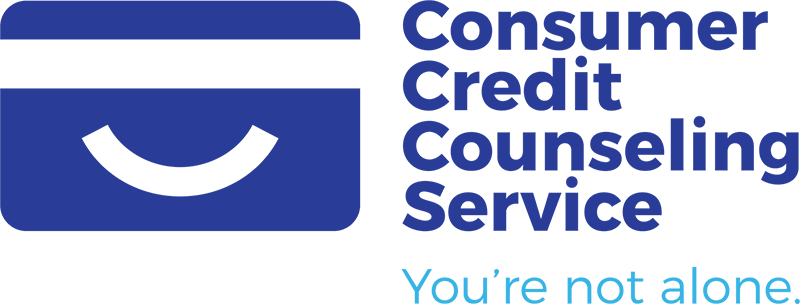Consumer Credit Counseling Service News Articles
Home » News Articles »
Dear Ken:
My wife and I would like to get out of debt. We are stressing out about our money situation. We are sick of fighting over money and really would like to work our way out of debt. What do we have to do?
A: I am glad to hear that you have accepted the fact that it needs to be a family effort. Debt and spending
habits can cause a lot of stress and strain on marital and family relationships.
The question is: Are you are ready and willing to change your lifestyle and spending habits to get out of debt? If you are, you are going to have to change some basic attitudes and habits. The entire family must be involved, not just you and your wife.
Relief is called ” positive cash flow.” All you need to do is spend less than you earn. So if your income is reduced, you have to reduce what you are spending even more. Start thinking about ways your family can change your current spending habits so you have money left to pay off the debt. You and your family are ultimately responsible for how you spend your money and how much will be left to pay off your debt.
You have to take the leadership in your family financial situation. So have a family discussion. What has to change? Cut back on the thermostat, carpool, find a less expensive cell phone or cable plan, change your shopping habits, comparison shop for insurances, eat out less, cut back on some recreational activities and so on.
Pay your current bills on time, put some money away for emergencies, and then decide which debts you want to pay off first.
Set some financial goals. Spend some time as a family thinking and talking about what you want to accomplish and when you want it to happen. This will make it easier to make the necessary changes in your spending patterns and habits to get what you really want. Without reasons and discipline to change, nothing will change.
You might try the 50/50 plan. Put half of the money you save or gain from your spending changes toward paying off debt and put the other half away for unexpected expenses. Or you might consider the 50/25/25 formula: 50 percent for debt, 25 percent for unexpected expense savings and 25 percent for yourself. That’s right — 25 percent for yourself or family to do the things you want to do in exchange for the lifestyle changes you made to accomplish your debt-reduction goal.
Lastly, make sure you keep score. Keep track of how you are doing, maybe even graph it to measure your success. This might help keep you on track. If you decide you are going to pay off an extra $100 a month on your debt, find some way of reminding yourself that you accomplished it.
Think through these suggestions. Do it your way, but do it.


